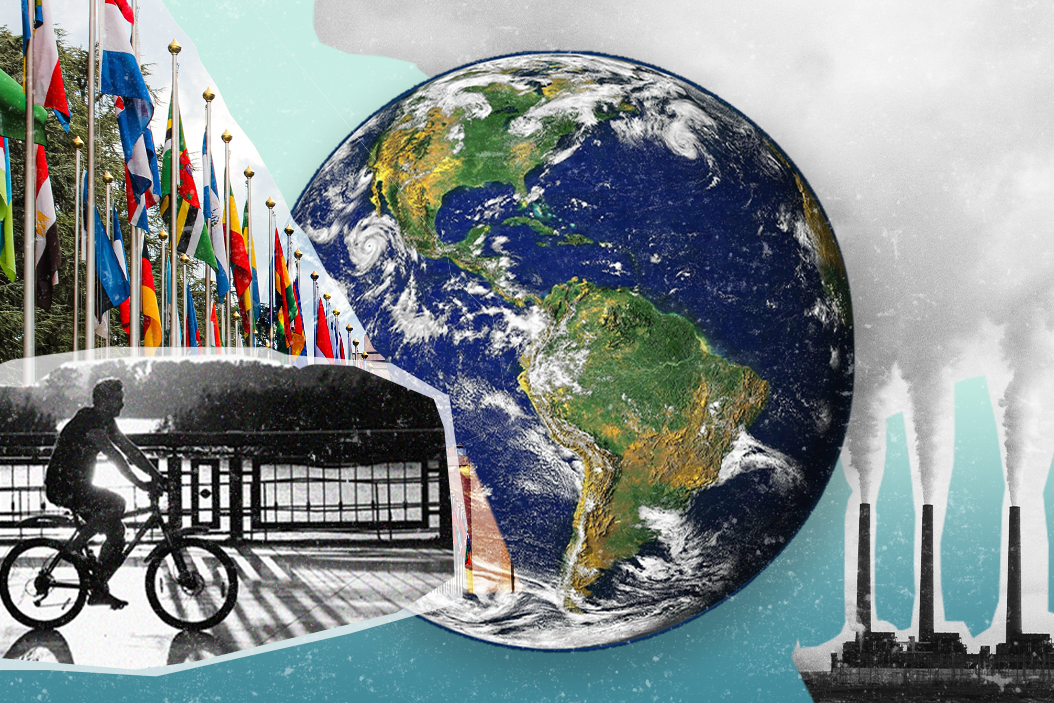G-20 members split on climate ahead of COP26: Just before the COP26 climate summit kicks off in Glasgow on October 31, the leaders of the world's top 20 economies will meet in Rome to discuss climate change, soaring energy prices, and post-pandemic recovery. But the G-20 remains divided between Western countries – like the US and the EU – demanding firm commitments from all member countries on cutting carbon dioxide emissions, and top polluters like China, India, and Russia who say that ask is unreasonable given that many Western nations have benefited from fossil fuel use for decades. Of these three outspoken nations, only India's PM Narendra Modi will travel to Rome, which makes it unlikely that any meaningful progress will be made ahead of the landmark summit in the UK. Meanwhile, US President Joe Biden is in a tough spot: ahead of a trip to Europe this week, he was hoping to have secured billions of dollars in new climate funding from Congress, but his ambitious plans remain stuck due to divisions within his own party. More broadly, if no consensus is reached in Rome, it'll raise the stakes even more for Glasgow — and the planet can't wait any longer for politicians to make up their minds.
More from GZERO Media
On Ian Explains, Ian Bremmer breaks down how the US and China are both betting their futures on massive infrastructure booms, with China building cities and railways while America builds data centers and grid updates for AI. But are they building too much, too fast?
Former Swedish Prime Minister Carl Bildt asks whether the world is sliding back into the dangerous era of open nuclear weapons testing, and it all started with a misunderstanding by US President Donald Trump.
Hard Numbers: Tesla approves $1 trillion Musk package, Kazakhstan wants to join Abraham Accords, Typhoon rips through Vietnam, & More
$1 trillion: Tesla shareholders approved a $1-trillion pay package for owner Elon Musk, a move that is set to make him the world’s first trillionaire – if the company meets certain targets. The pay will come in the form of stocks.
When it comes to global warming, the hottest ticket in the world right now is for the COP30 conference, which runs for the next week in Brazil. But with world leaders putting climate lower on the agenda, what can the conference achieve?
What We’re Watching: Orbán seeks Russian oil carveout from Trump, Nigerien uranium to pass through risky area, Israel hits southern Lebanon
As the United Nations marks its 80th anniversary, UNCTAD Secretary-General Rebeca Grynspan argues that reform must begin with recognizing how much the world has changed since 1945.
Think you know what's going on around the world? Here's your chance to prove it.
How do we ensure AI is trustworthy in an era of rapid technological change? Baroness Joanna Shields, Executive Chair of the Responsible AI Future Foundation, says it starts with principles of responsible AI and a commitment to ethical development.
